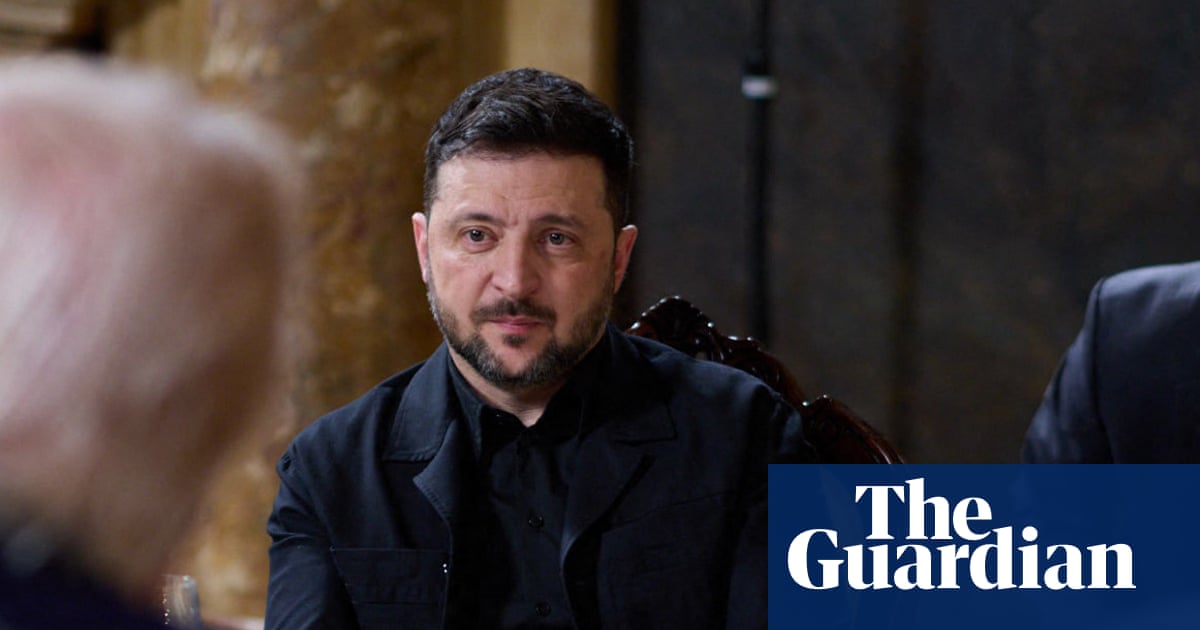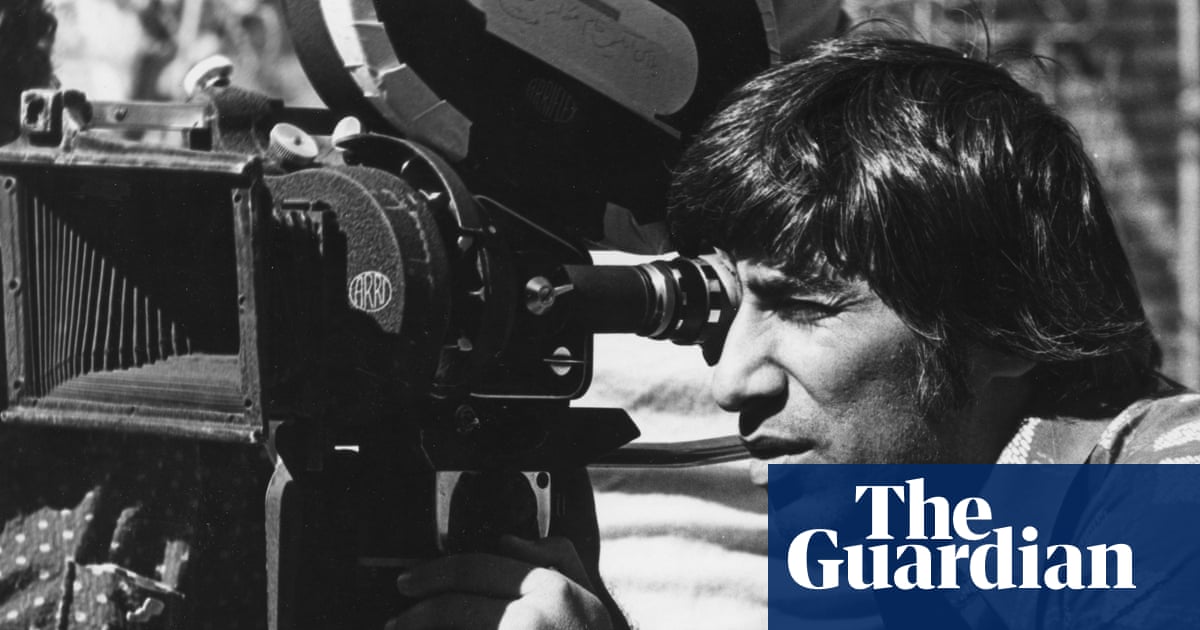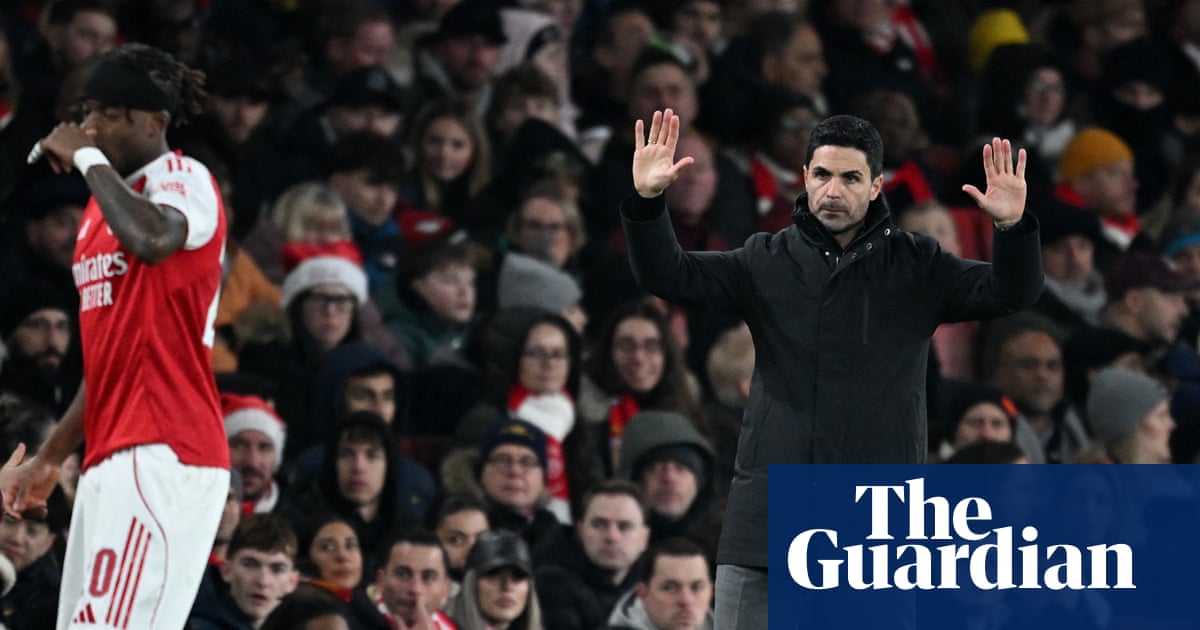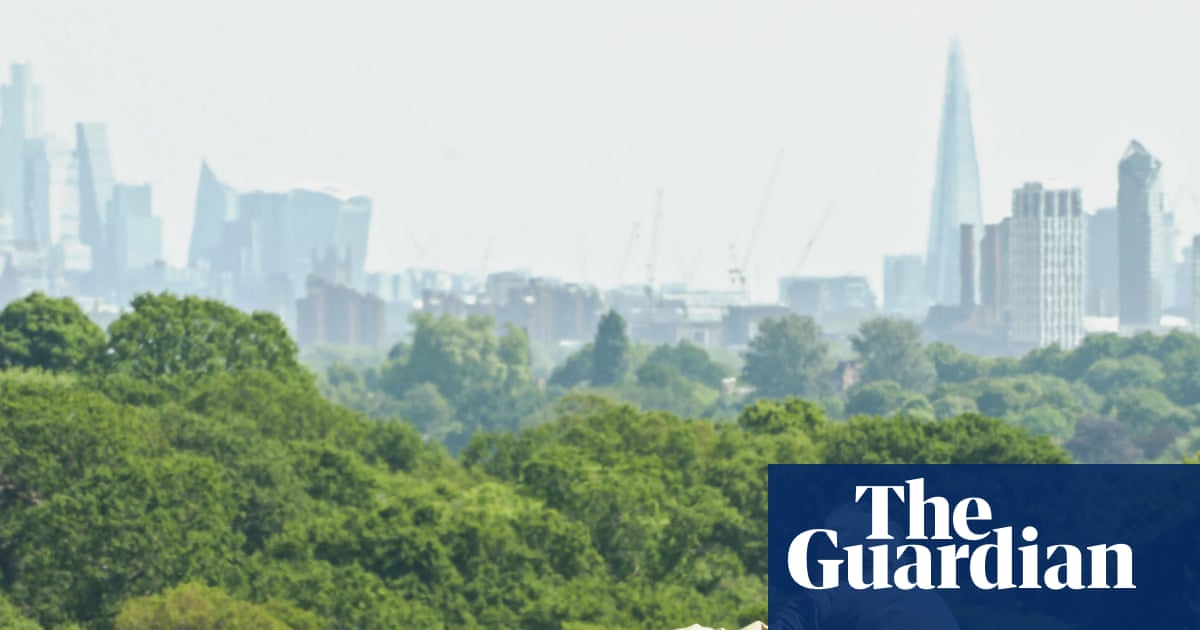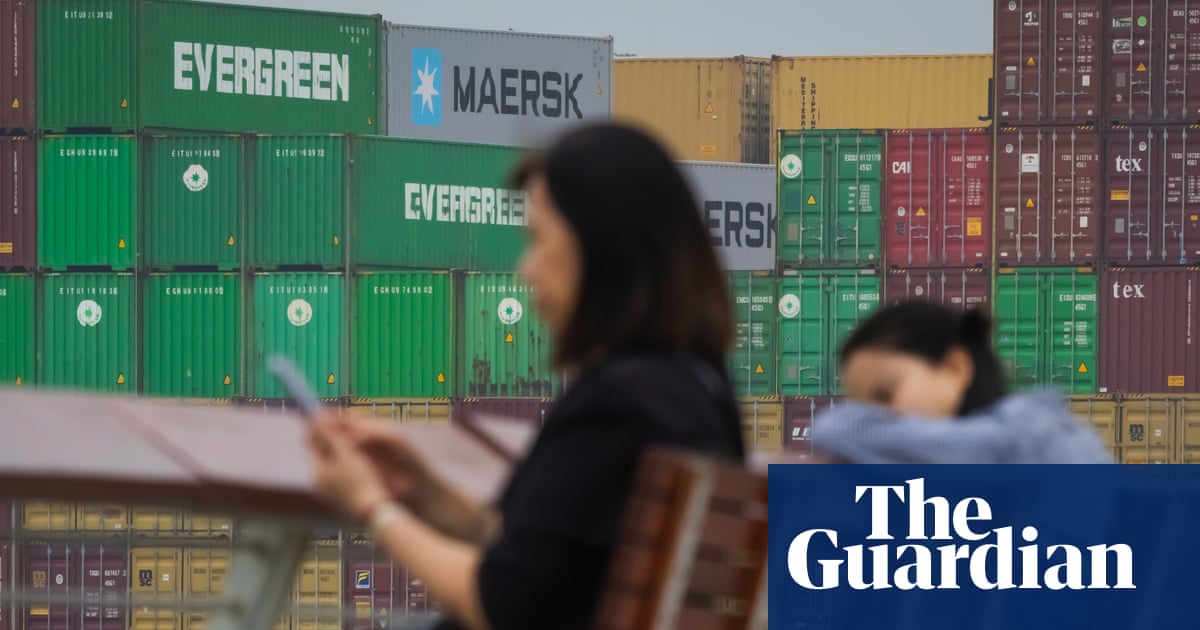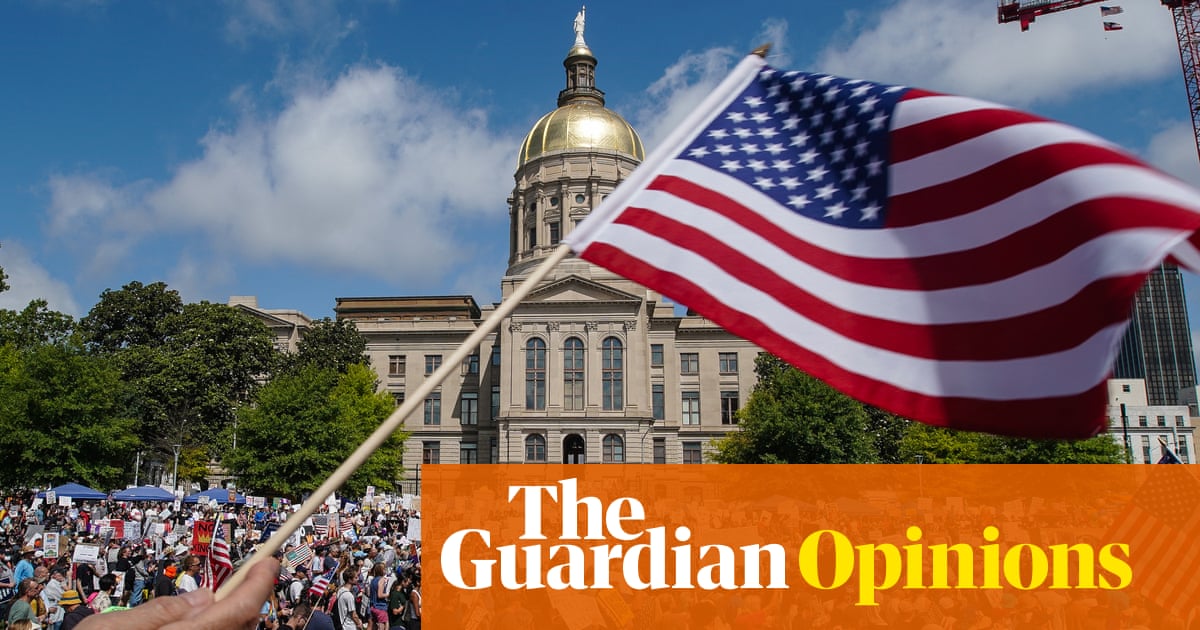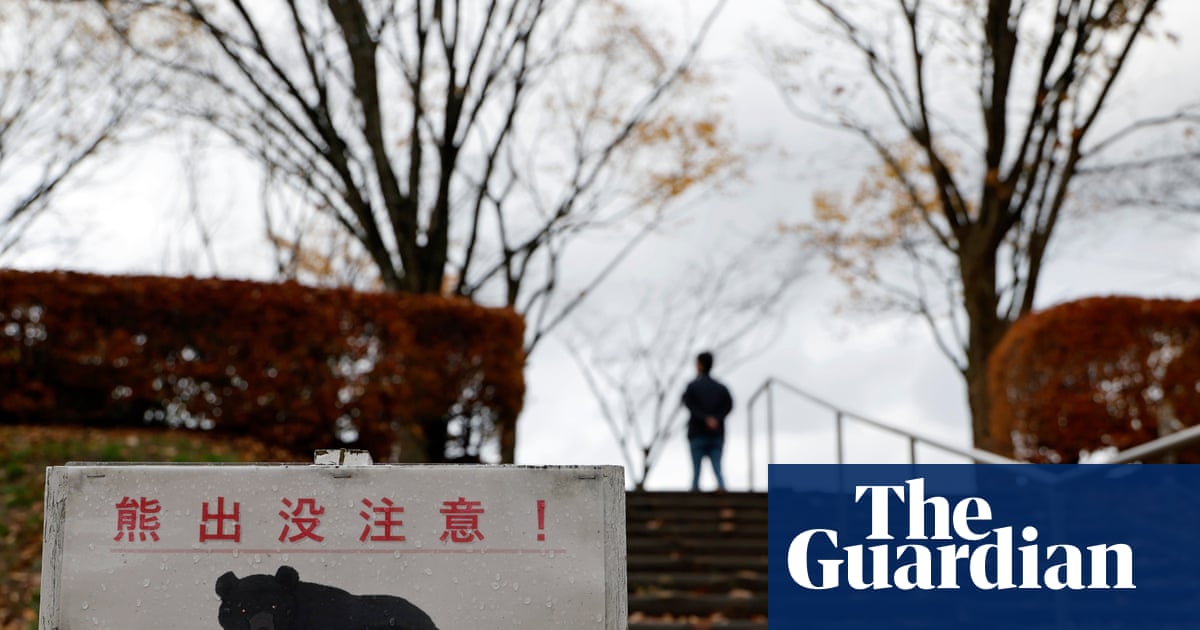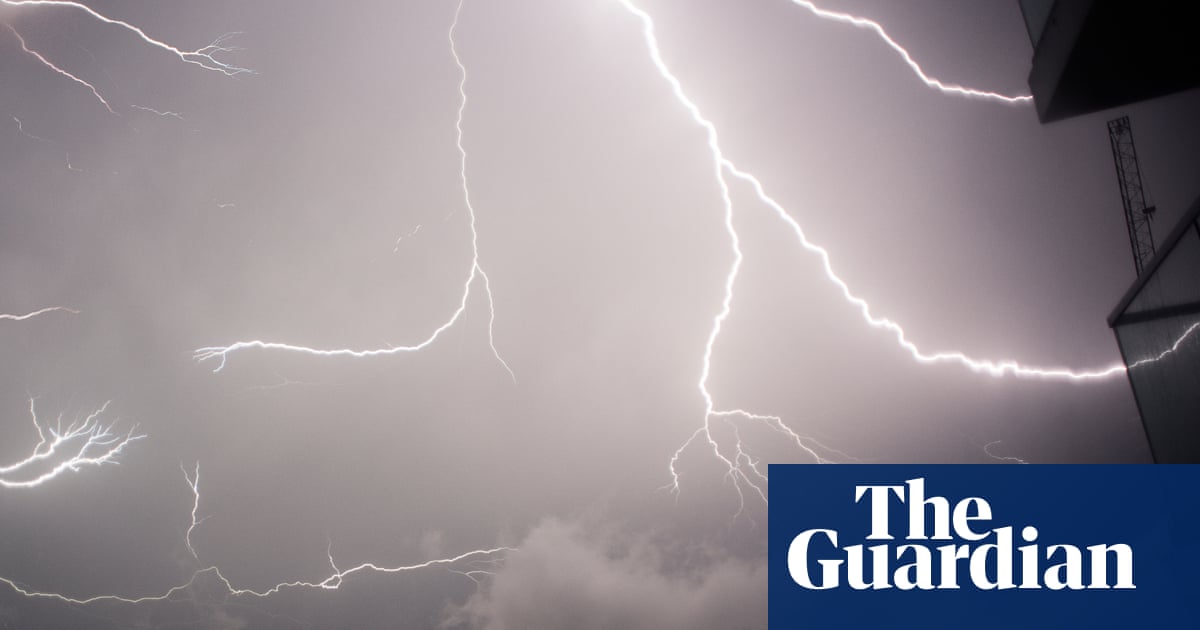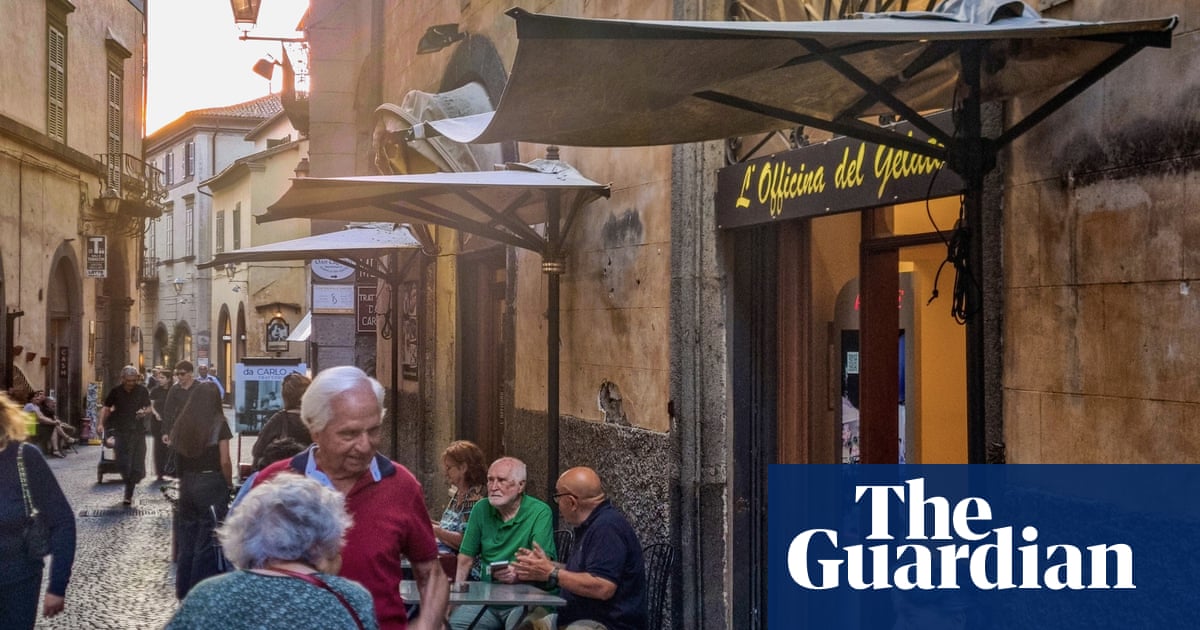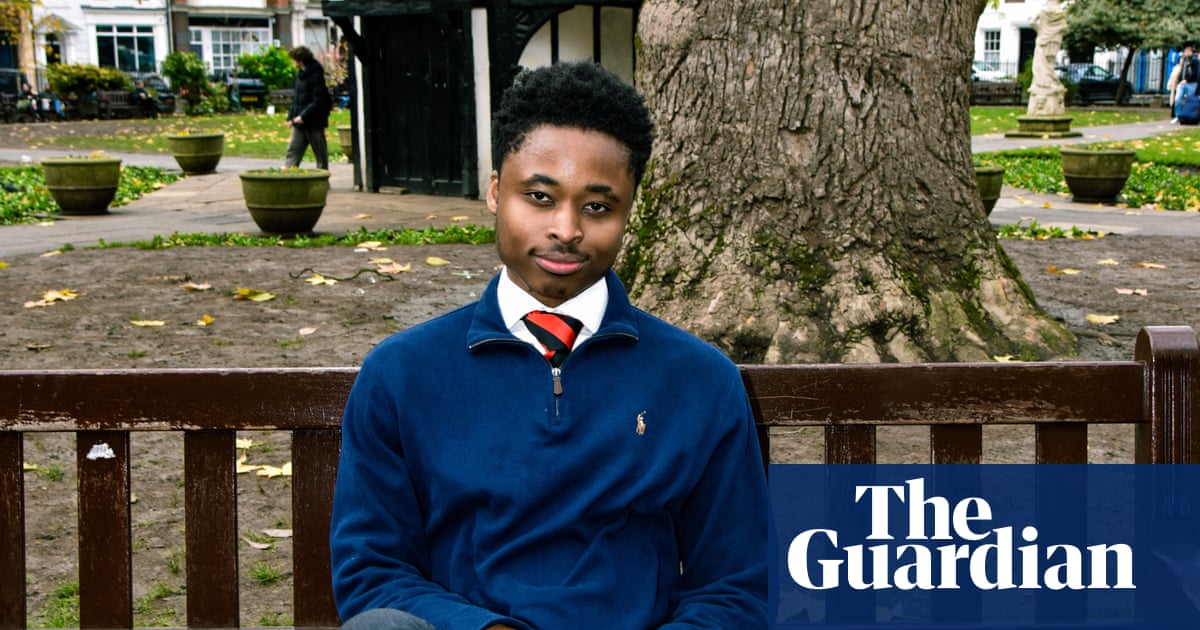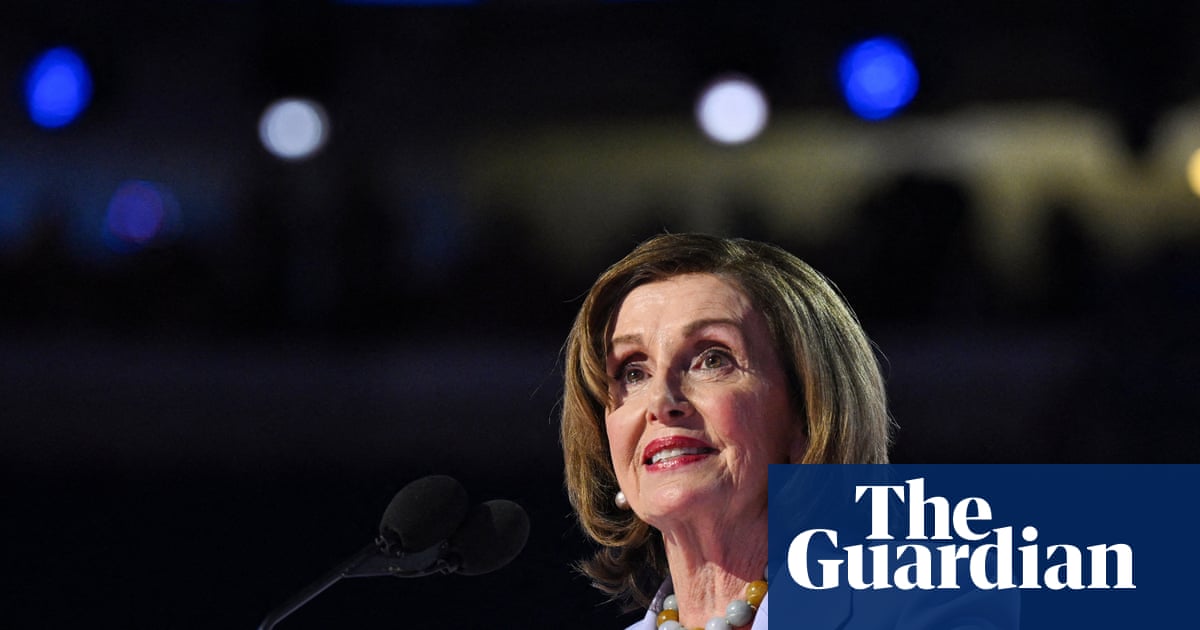On Saturday, as the late summer afternoon sun shone across the lawns of Ditchley Park, the cream of the British foreign policy establishment gathered in a giant marquee to hear the ambassador to Washington give the 61st annual Ditchley lecture on how Donald Trump’s re-election revealed something profound about an elite that had lost touch with modern fed-up electorates.
After a glowing introduction from Jonathan Hill, Peter Mandelson picked up on the Conservative peer’s description of his career as durable, laughing and saying “that captured it to a T”. His career had indeed been durable, but five days later it turned out not to be indestructible.
Mandelson’s speech, and the off-the-record Q&A, illustrated why Mandelson had been appointed to the role in the first place. He had a self-confidence and style that made him a big hitter in Washington at a time when a British Labour government could easily have found itself largely shunned or, even worse, ignored as irrelevant. Indeed, much of his speech was a warning that the UK could not assume the special relationship would endure. Britain had to keep earning Washington’s respect by providing what the US wanted, including science, technology and a willingness to “saddle up” and go to war by its side.
He insisted he was not Trump’s explainer-in-chief, but Mandelson clearly hoped to make himself useful to the administration by providing an elegant rationale for Trump that the president could not make to a British audience. So at Ditchley, and in a previous speech in August to the Chicago Council on Global Affairs he spoke of Trump as “a consequence and not a cause of the current upheaval in the world order”. Trump’s skill, he said, had been to read the signals coming from those let down by globalisation. It was Davos Man bowing down to the force of populism.
Much of his central theme was about the technological threat posed by China being the great challenge of the 21st century. His call for the UK and the US to work together to overcome this was unexceptional, but crafted to please a Congress fearful of the US’s decline.
The more practical purpose was to trail a US-UK technology partnership that is to be presented during Trump’s upcoming state visit, building on the trade deal he had managed to secure at a bizarre one-hour signing ceremony in the Oval Office, an occasion that gave him a chance to play off the mischievous humour that Trump sometimes likes and to glide over the lack of substance in the deal.
He then explained Trump’s modus operandi and purpose as sympathetically as possible. “The president may not follow the traditional rulebook or conventional practice, but he is a risk taker in a world where a ‘business as usual’ approach no longer works,” he said. “
Indeed, he seems to have an iron-clad stomach for political risk, both at home and abroad. Convening other nations and intervening in conflicts that other presidents would have thought endlessly about before descending into an analysis paralysis and gradual incrementalism. Yet – and this is not well understood – although the Trumpian national security strategy is called ‘America first’, it does not actually mean ‘America alone’.
“He is using the might of the United States globally to do things that other democracies are unable or unwilling to do. It is not my job to offer a rationale for America’s president. I am not his explainer-in-chief, but it is clear to me that what we are seeing play out is a change of epoch in the new politics that is emerging in different forms across the western world”. He later suggested this change was likely to be irreversible.
Trump, by understanding the discontents created by globalisation or what Mandelson called a modern mercantilism, was providing “a deafening wake up call to the international old guard”. He even praised the US-Israeli attack on Iran, something that is not official British government policy. He said: “Trump understands the positive coercive power of traditional American deterrence, deterring adversaries through a blend of strength and strategic unpredictability, as we saw in his decisive action on Iran’s nuclear programme.”
after newsletter promotion
Entirely missing from this account was any reference to the president’s dangerous authoritarianism, his slavishness to Vladimir Putin, the destruction of the US’s scientific base or the damage he was inflicting on the country’s traditional alliances. In Chicago he glided over Trump’s protectionism simply by saying he was not a tariff man.
He even said Brexit had in some senses been a liberation, allowing the UK to be more flexible and relevant to the US. Many in the Ditchley audience will doubtless have blanched, or noticed what was missing, including any reference to international law. It is often said that the task of a diplomat is to go abroad and lie on behalf of their country, but this was perhaps a rare occasion when a diplomat lies on behalf of another country.
Doubtless Mandelson’s successor, to keep the transatlantic partnership alive, will also have to turn a necessarily blind British eye to much of what Trump does, but especially if the choice is a career diplomat, the many future acts of oversight will not be executed with as much apparent enthusiasm or elan.

 3 months ago
51
3 months ago
51
